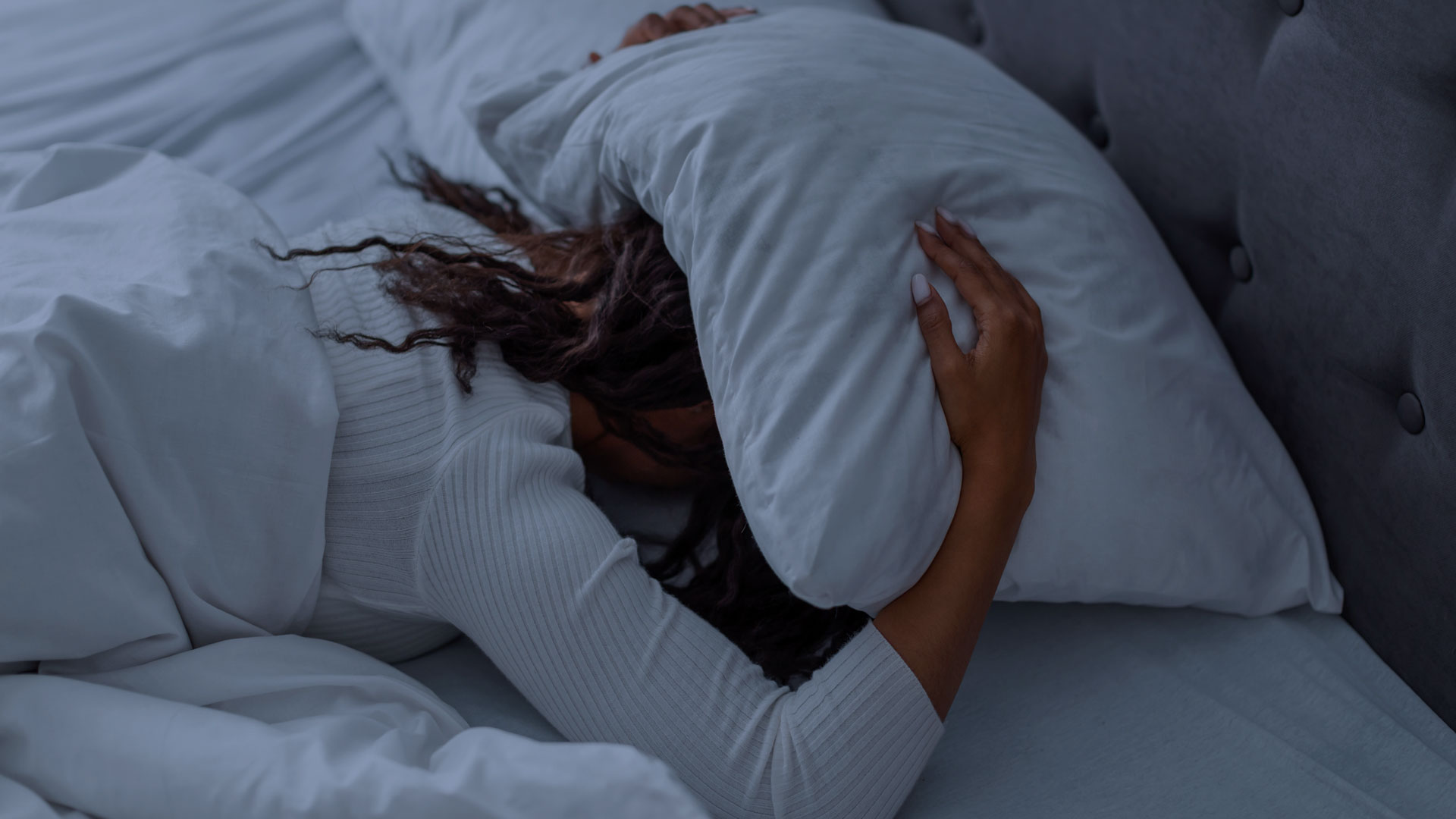Lack of sleep makes you less likely to help others, study finds
Losing just an hour's sleep could make you 10% less generous, say researchers

Most of us are well aware that a bad night's sleep can leave us grumpy and irritable the next day. But a study at the University of California in Berkeley has revealed a more fundamental truth: lack of sleep leaves us less likely to help others, not just at as individuals, but also as groups and even on a societal level. Which seems like a good reason to think about upgrading to one of the best mattresses, and maybe the best pillow to go with it.
In their study, published in the PLOS Biology open-access journal, Eti Ben Simon, Matthew Walker, and their colleagues explain how they ran three different experiments to examine the effect of sleep loss on people's willingness to help others. In the first experiment, a group of volunteers was assessed via an altruism questionnaire after a night of normal sleep and after a night of broken sleep; they also had their brain activity assessed using fMRI imaging.
In the second experiment, another group filled in the altruism questionnaire after keeping sleep diaries that recorded their quality and quantity of sleep. And in the final experiment, the team tracked charitable donations in the USA in the weeks before and after losing an hour of sleep in the switch to Daylight Savings Time.
And the results? The fMRI readings in the first experiment revealed that sleep deprivation dampened activity in the prosocial cognitive network of the brain – that is, the part of the brain that's more active during pro-social behavior such as helping people out – and this reduction in activity was reflected in a self-reported reduction in desire to help others in the first two experiments.
The really telling result, however, comes from the third experiment, which showed that sleep deprivation correlated with a reduction in monetary donations: there was a 10% reduction in donation amounts after the move to Daylight Savings Time gave everybody an hour less in bed.
That's quite the drop. And because willingness to help others is a fundamental feature of human society, and we're all tending to get less sleep, this could have serious repercussions for humanity as a whole.
The study seems to show that even small reductions in the amount of sleep we get can have a serious affect on altruistic acts; that said, it also gives a useful pointer to anyone soliciting donations, suggesting that you time donation drives to coincide with times when people tend to sleep better.
Sign up to get the BEST of Tom's Guide direct to your inbox.
Get instant access to breaking news, the hottest reviews, great deals and helpful tips.
Jim is a freelance writer and performer based in Bath, UK, whose work can be found on sites including TechRadar, Tom's Guide, T3, PetsRadar and Creative Bloq. Jim started out over a quarter of a century ago, covering technology and video games, and they've been expanding their repertoire ever since. On any given week Jim's likely to be writing about design, sleep, wellness and even cats, and has learned an awful lot about the mattress industry over the past few years.
